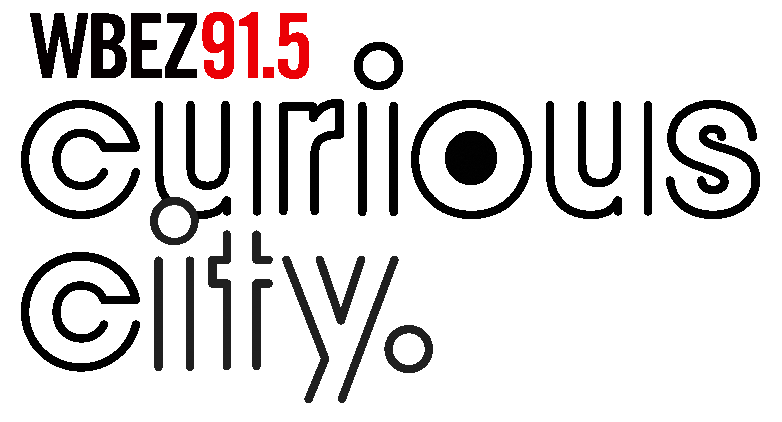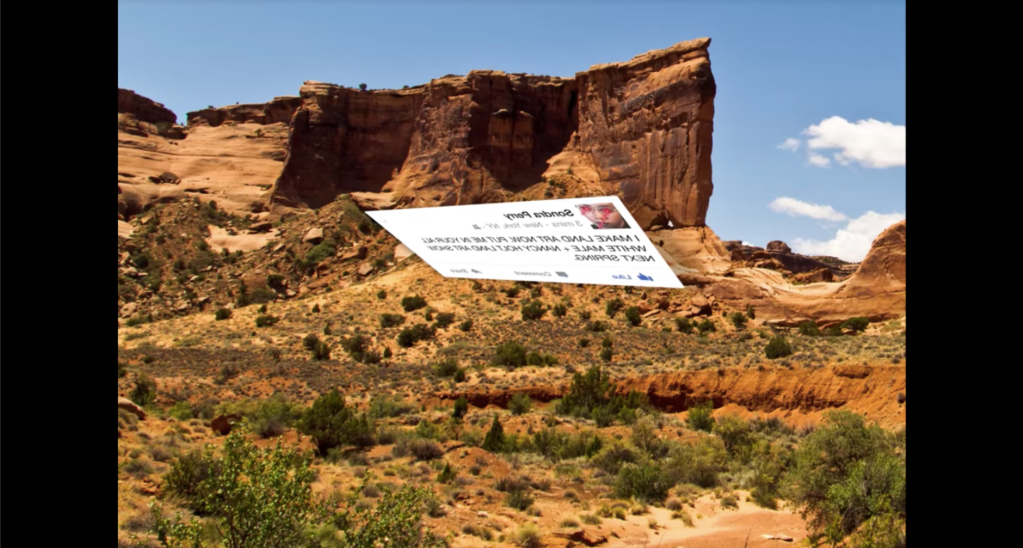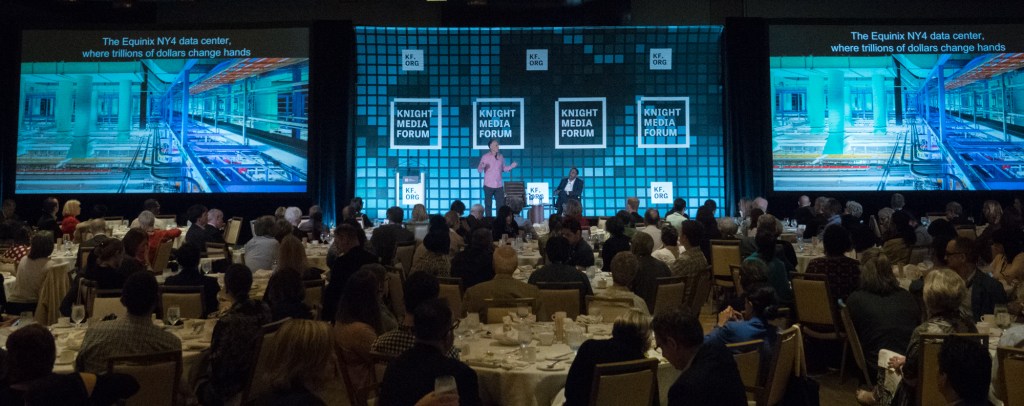
‘Curious City’ inspires scalable model for engagement journalism that answers people’s questions
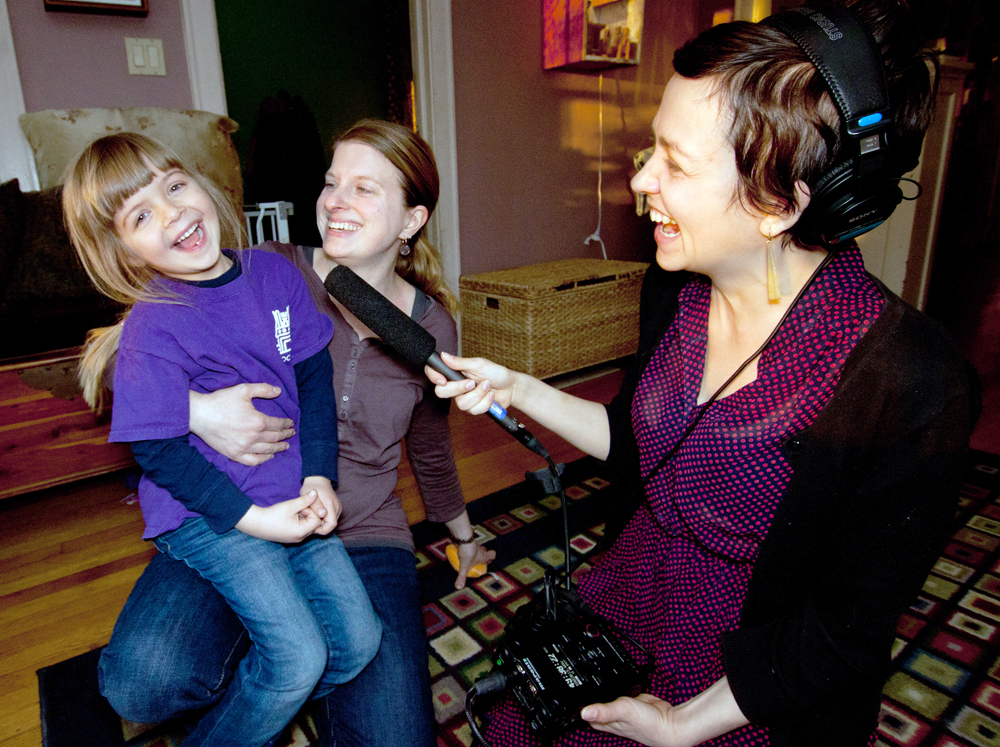
Photos by WBEZ Chicago.
When Chicagoans were curious earlier this year what it might be like to live directly adjacent to the city’s elevated train tracks, public radio station WBEZ answered the question with an in-depth story and podcast. The reporters went through public records to find complaints and interviewed homeowners and renters. Turns out: You just get used to the noise and the shaking when the train goes by.
WBEZ (Chicago Public Media) produced this feature story as a result of an audience-submitted question on its Curious City website. Curious City is a community-driven platform that allows anyone to submit and vote on questions pertaining to the area that the station will then report on and answer in a podcast and multimedia story. The project received support from the Knight Prototype Fund during 2013, an initiative that helps take early-stage information ideas from concept to demo.
But what began as an experiment at this Chicago radio station has grown into a regular source of stories for a number of public media outlets – as well as spinning off into a media startup.
Curious City founder Jennifer Brandel is expanding the technology behind the platform to other stations around the country with her new startup Hearken. Hearken recently emerged from Matter, a San Francisco media accelerator that Knight Foundation has invested in. The idea is premised on a win-win situation: The community gets their burning questions answered and the news organization sees higher engagement with these stories. KUOW in Seattle found six of its top 10 stories of 2014 were from user-generated ideas. In its “Bay Curious” series, KQED in San Francisco has answered questions such as why towing is so expensive and the backstory behind the city’s iconic “eyesore,” Sutro Tower.
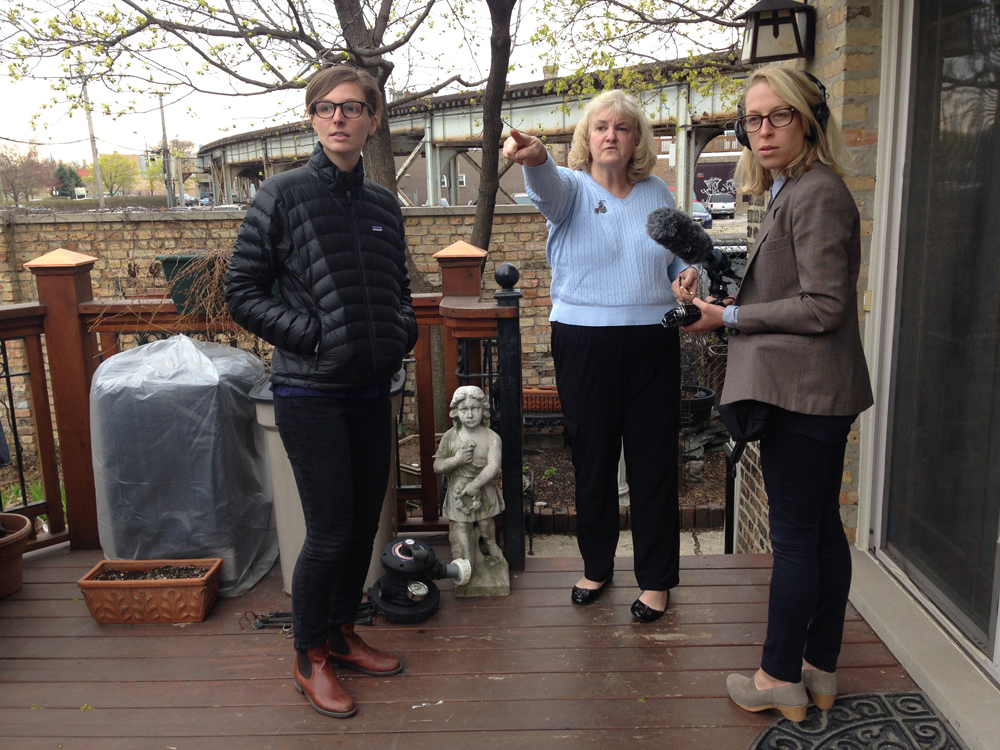
Many questions end up being what’s-it-like-to-live-in-someone-else’s-shoes type of stories, said Shawn Allee, WBEZ’s Curious City editor. The “project was intended to kind of capture some of those kind of ‘aha,’ head-scratching moments that would otherwise fall through the ‘journalistic net,’” he explained. Curious City stories have answered a range of questions, from what is it like to live on minimum wage in Chicago to explaining what really happens to recycled garbage after residents put it in their blue bins. Allee said Curious City content outpaces the typical digital-native item that WBEZ produces.
“It’s the main input that the public has in the editorial process at WBEZ,” he said, adding that it is engagement journalism at its core. Allee has also spoken to other journalists about the platform: “Every time we talk to someone, they’re like, ‘I bet that would work here. I bet that would work in my community.’”
Each question might get a couple thousand votes – though Allee said it takes time to establish a relationship with people for them to see what a station is capable of and to send in questions. On average, WBEZ produces one Curious City podcast a week that is reworked into a broadcast and also given a feature-length online treatment. The team includes Allee, an audio producer and a multimedia producer, and sometimes includes other WBEZ staffers or freelancers.
The Knight Prototype Fund experience helped resolve sustainability issues with Curious City’s original platform, according to Allee. The team had to ensure the database could support all the traffic it was gaining as it originally grew and was able to hire help to make its database more robust for the long term. Allee said human-centered design training was the biggest takeaway from the Prototype Fund experience as the team was refining Curious City. Using these principles, they applied design-thinking exercises to big editorial decisions, like how to redesign the podcast and how to design a mini-site. Prototype Fund recipients go through the six-month process as a cohort and receive human-centered design training early on.
They still use design thinking to refine the project, Allee said: “We’ve been really working with some of these principles during editorial redesign of things.”
Vignesh Ramachandran is a Bay Area-based freelance writer. He can be reached via email at [email protected].
The next deadline for the Knight Prototype Fund is Aug. 17, 2015. Apply at prototypefund.org.
Recent Content
-
Artsarticle ·
-
Artsarticle ·
-
Communitiesarticle ·
